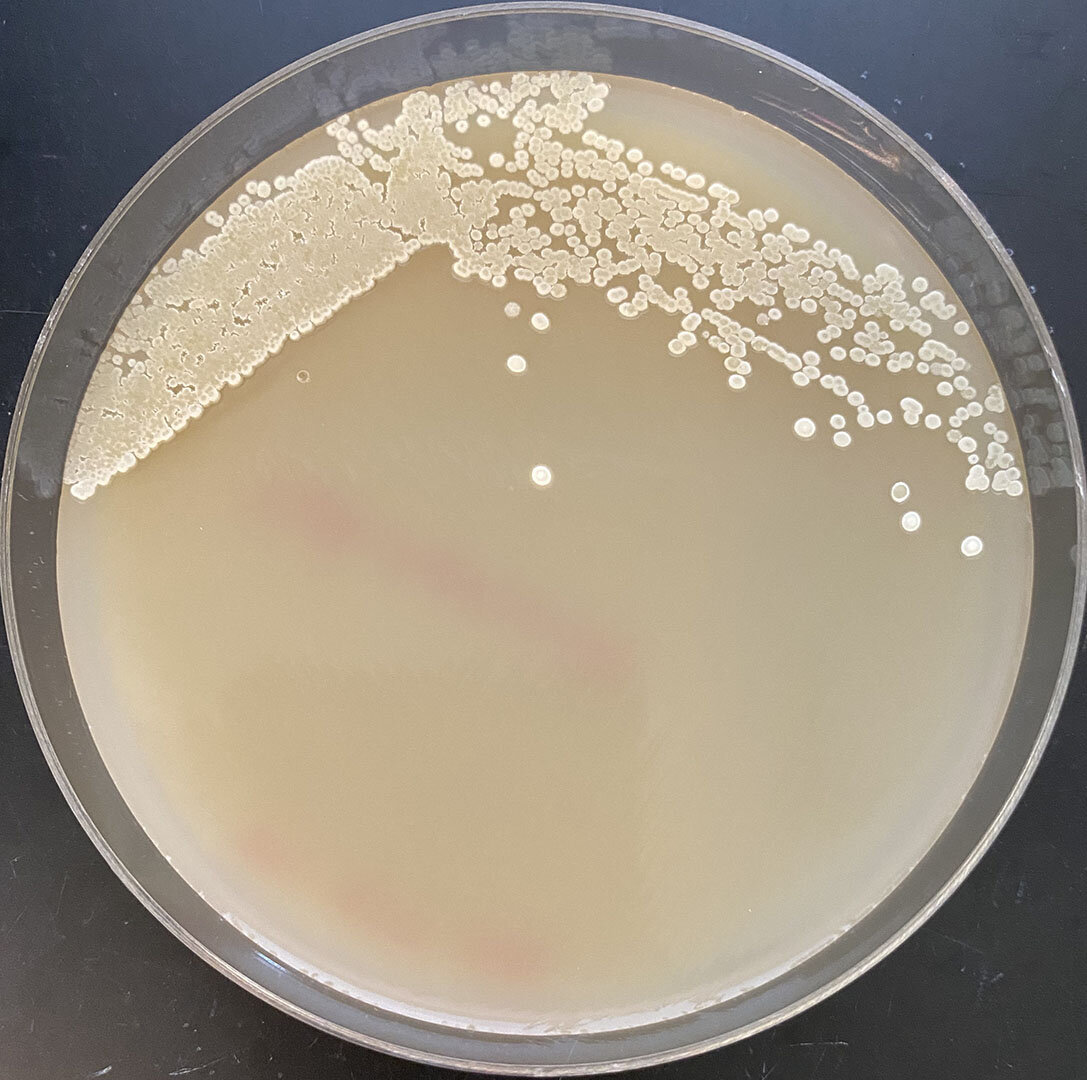Researchers from Lawrence Berkeley National Laboratory and UC Berkeley have developed a way to use bacteria to create new-to-nature carbon products that can be used to produce sustainable biochemicals. The team used natural enzymatic reactions along with a new-to-nature reaction called the “carbene transfer reaction.” The process could offer alternatives to chemical manufacturing processes that rely on fossil fuels. The researchers used natural products from an engineered strain of Streptomyces bacteria instead of expensive chemical reactants. The bacteria used sugar to produce chemical products through cellular metabolism, making the process much more environmentally friendly than traditional chemical synthesis methods. The process could also be used to reduce industrial emissions by recruiting bacteria to synthesize chemicals. Close to 50% of greenhouse gas emissions come from the production of chemicals, iron and steel, and cement. The researchers hope their work will inspire others to continue searching for greener, sustainable biomanufacturing solutions. While this fully integrated system can be envisioned for a large number of carbene donor molecules and alkene substrates, it is not yet ready for commercialization.
by adam1 0 Comments



Leave a Reply